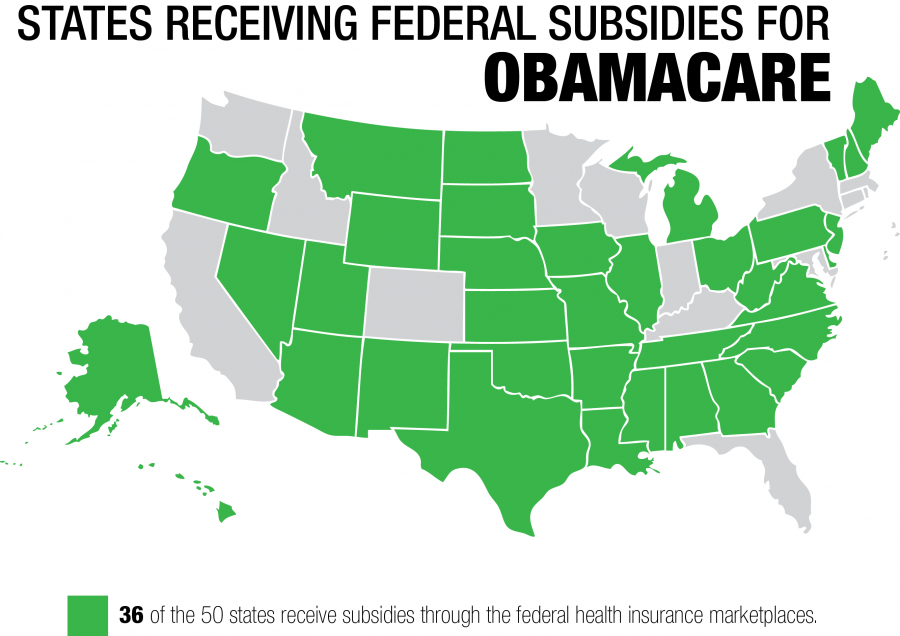For centuries politicians, pundits and common people alike have decried (often disingenuously) the rulings of so-called activist judges. They have oversimplified the role of the judiciary by implying that a judge is meant only to apply the law.
What the activist-bashers demand is impossible under most circumstances because to apply a given law one must first determine through logical interpretation what the meaning and intention of the law is. This job is made more complex by the fact that most statutes are intentionally written with at least some degree of ambiguity in order to make them flexible to changing times and circumstances.
Basically, laws are made to be interpreted, and judges are made to be activists.
How those laws are interpreted play a major role in which judges are labeled “activists” and by whom. In the modern age, the terms “conservative” and “liberal” are applied to judges who align with the modern conservative movement or the modern progressive movement, respectively, in their rulings.
However, I prefer to apply their less political meanings. Conservative: averse or “cautious about change.” Liberal: “open to new behavior or opinions.” By this standard, the Supreme Court’s ruling on the Patient Protection and Affordable Care Act can rightly be deemed as a conservative, not liberal, action.
Last Thursday, the Supreme Court ruled a single line in the ACA specifying that citizens can receive tax subsidies when purchasing insurance through an exchange run “by the state” must be read in the context of the entire statute and with the purpose of the statute in mind. Therefore, the majority ruled that all U.S. citizens are eligible for federal tax subsidies to purchase health insurance, even if their state did not set up its own insurance exchange.
In making this decision, Chief Justice Roberts and the other five justices in the majority weighed the power of their pens against the pain of causing over six million Americans to lose health insurance over a drafting error no less. They weighed making a dramatic change to the status quo of declining uninsured rates against holding fast to one word of a 1,000-page bill. Together, they decided that the American people deserved a better legal justification for taking away something that has become life saving to so many.
One wrong word wasn’t enough.
The liberal course of action in this case would have been to overturn the federal tax subsidies for health care. The dissenting opinions expressed a wish to override the will of the people and their elected representatives in Congress and the White House on a non-civil rights issue. If theirs had been the majority opinion, they would have made the highest Court in the land look petty, able to overlook the forest for the infirm trees.
Ultimately, I think that is one of the main reasons Justices Kennedy and Roberts signed onto this opinion. I think they knew that the Court would look like it was punishing the poor for the mistakes of their Congressmen and women.
I think that’s why they made the conservative choice.
Leigh Terry is a senior majoring in economics. She is the Opinions Editor of the Crimson White









